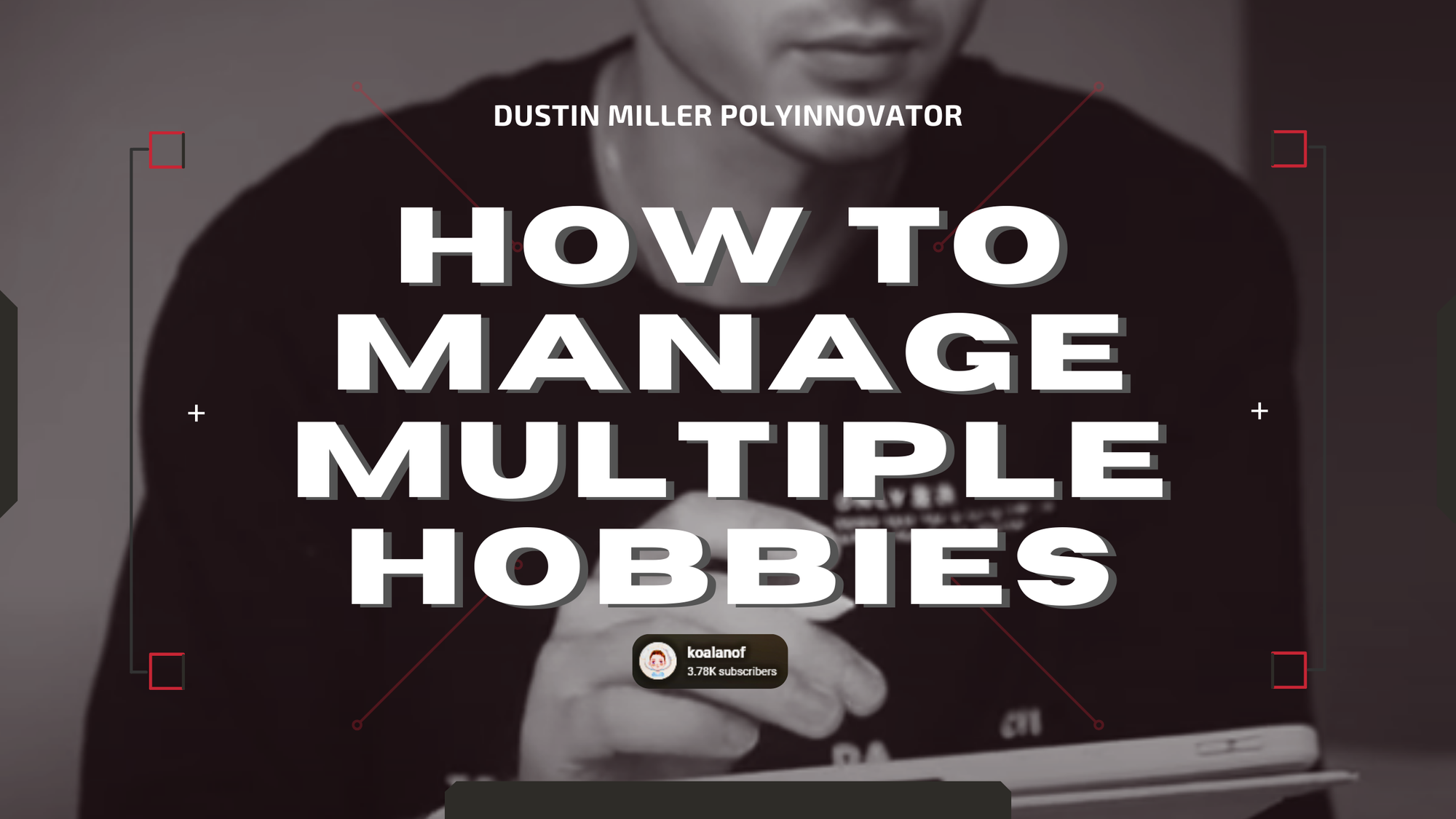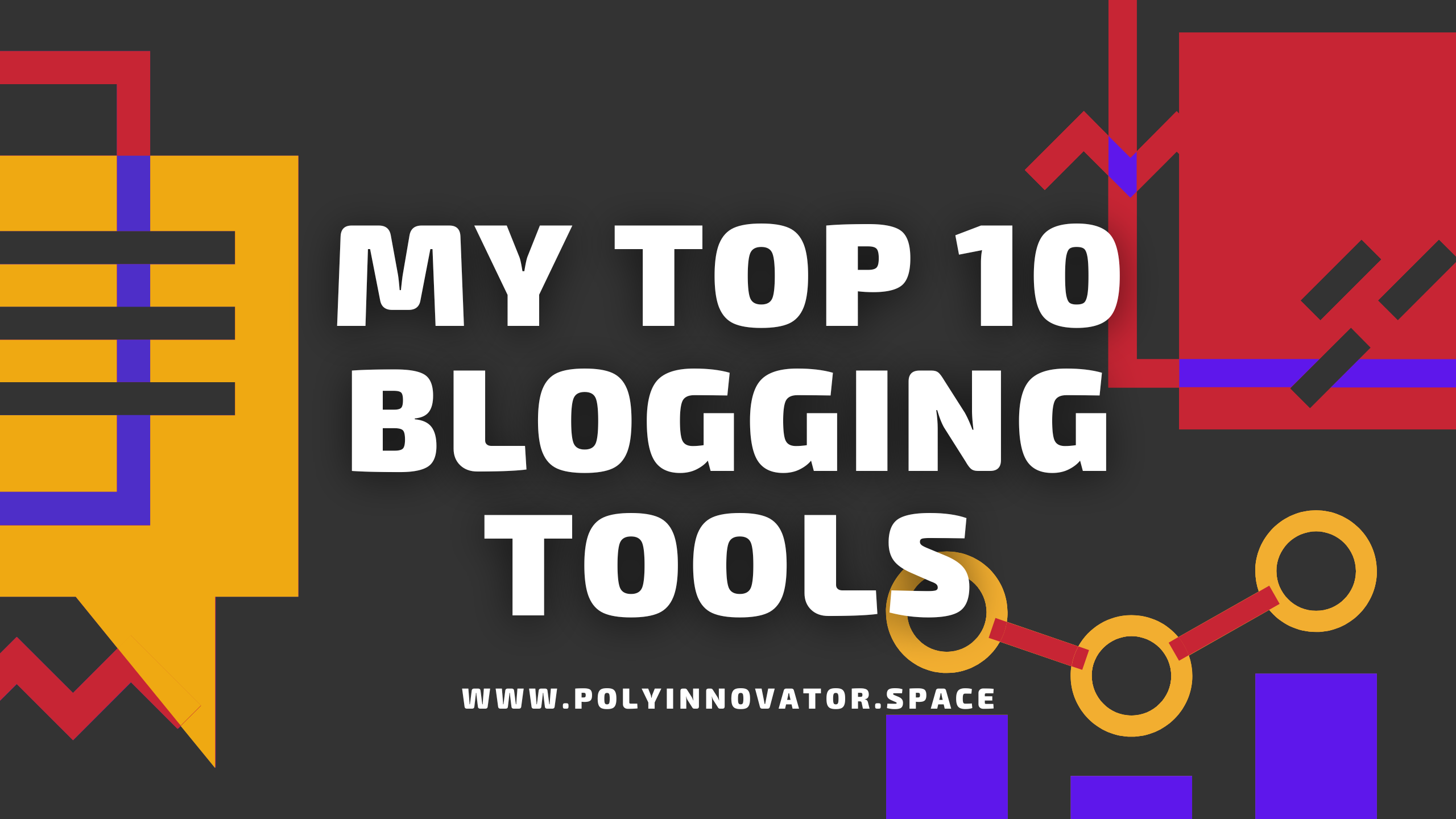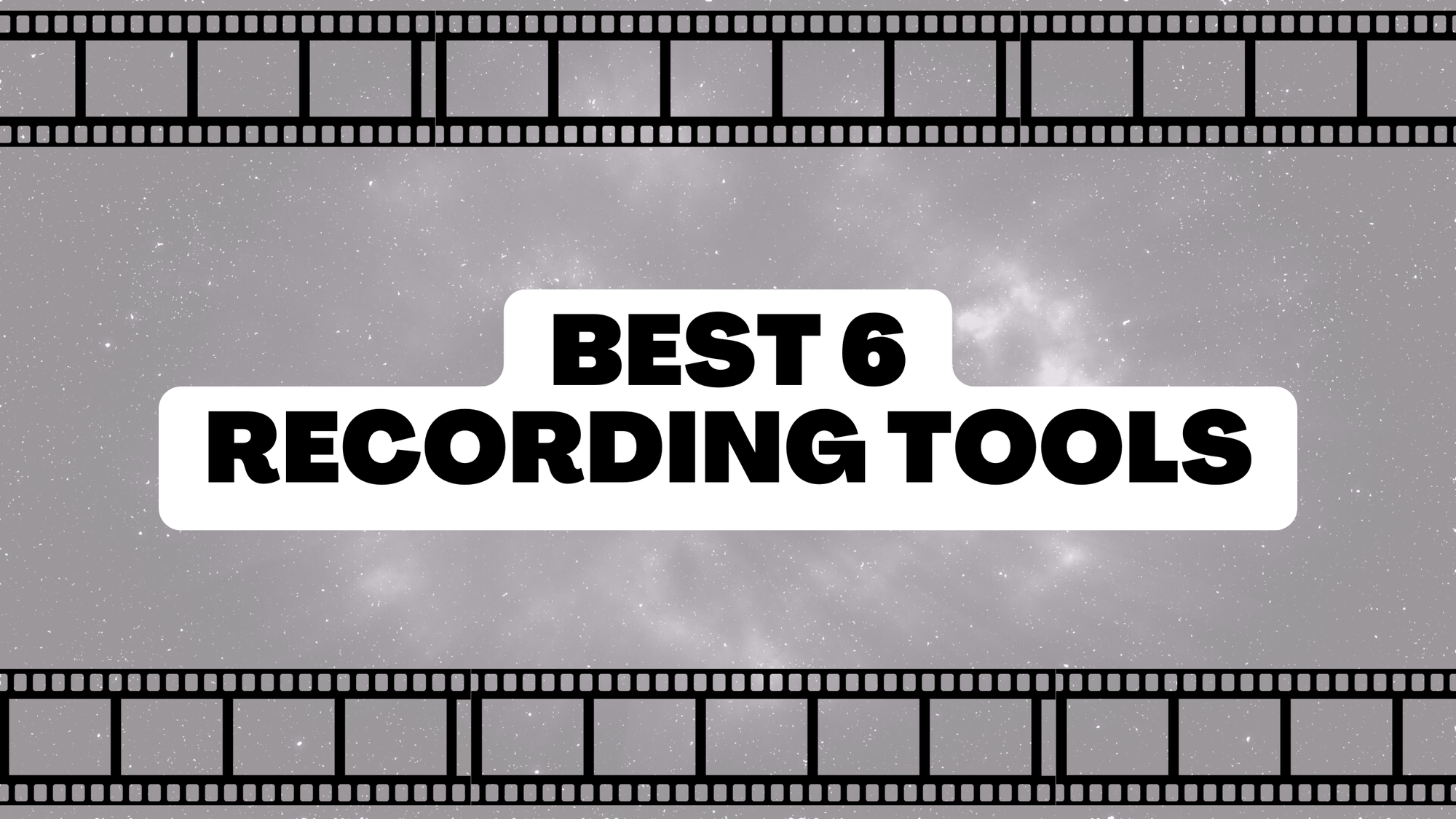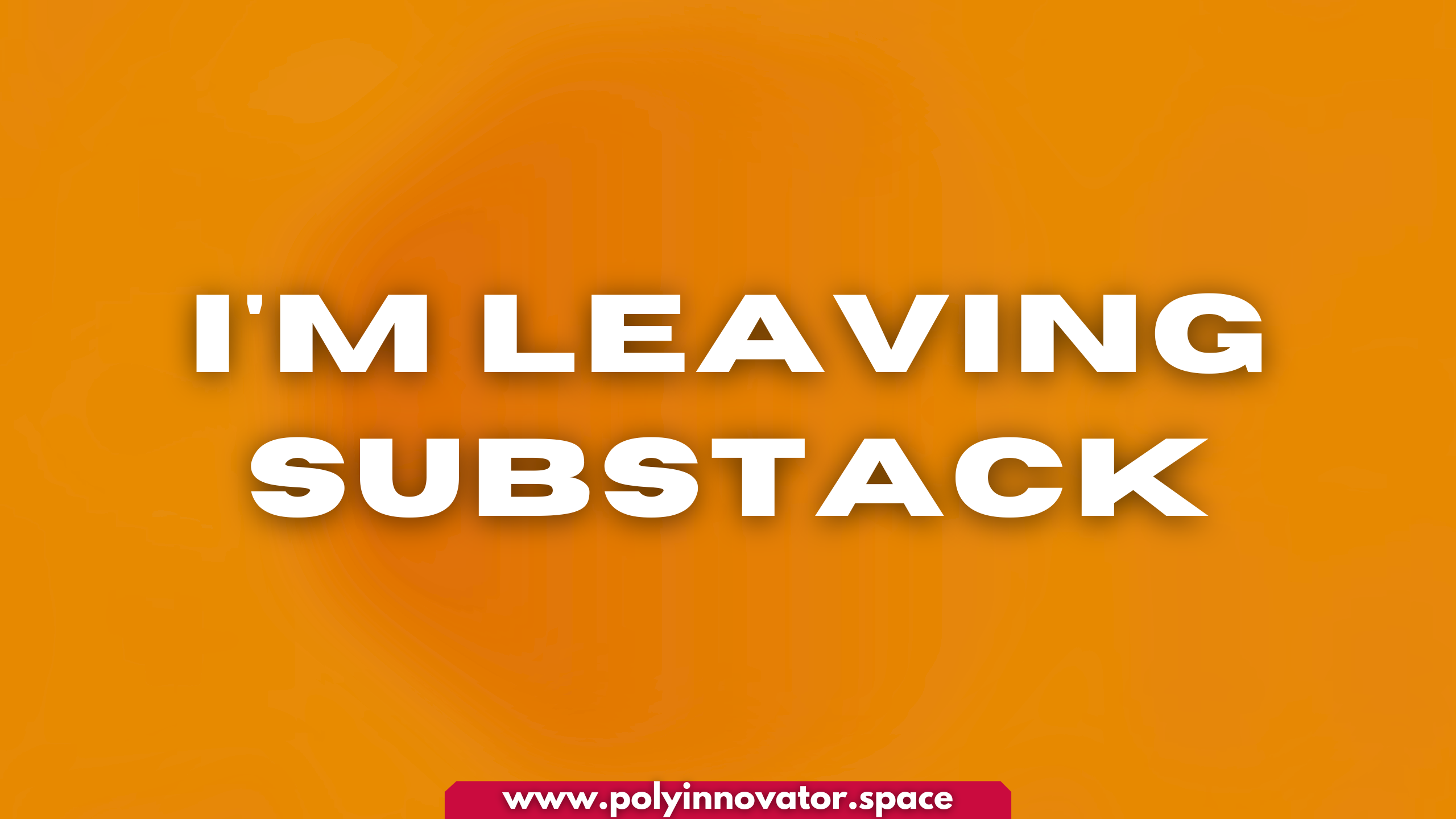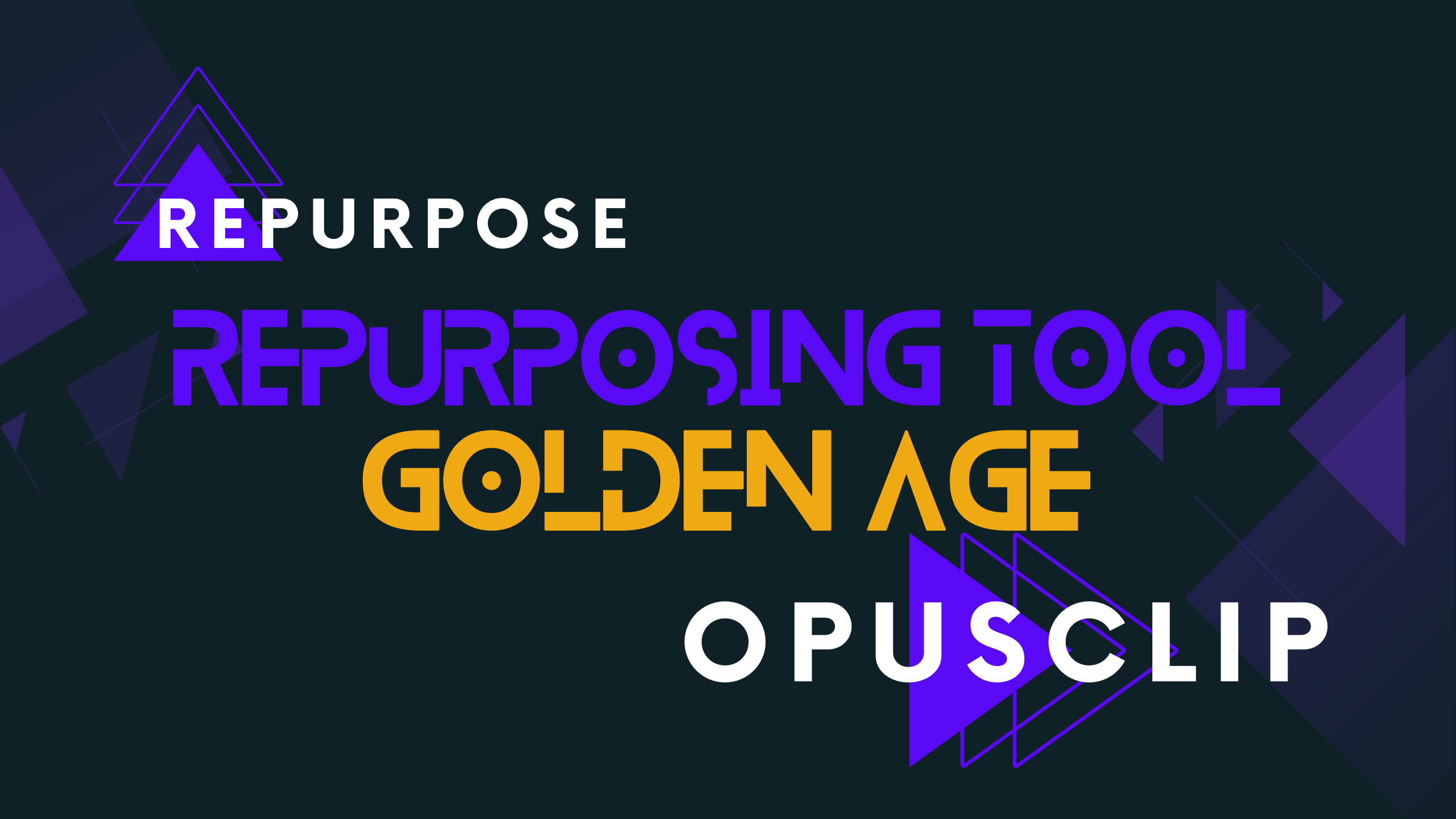While exploring the depths of YouTube during one of my many rabbit holes. I came across this video (among others). I thought back to my old U.L.C. days, when I first started writing as a hobby.
What I did to plan things out, how I managed it, and how I've gotten even better at that skill since. One thing I did back then, that I want to bring back...
Is doing reactionary posts like this one, where I find a cool video, and then talk about it. React to it. Add my two cents to it, while driving more traffic to the deserving creator of the original content. This is the first of many in that line of thinking, so I hope you enjoy!
Check out the related video to this post:
His list of Lessons and what I think of them
These are the points he makes in the video, and I encourage you to watch the video first so that you can get his POV. As mine sometimes differs, and it would be good for you to get both angles.
1 - Time Management
Creating a hierarchy to your hobbies, and so you can plan out your time during the week. Being realistic on how much time each hobby will take.
Each thing deserves time, but some more than others!
2 - Setting Milestones
Set goals and milestones so you know how much progress you have made. Celebrating those wins to help you keep motivation to keep going!
3 - You can't achieve it all
This is something that myself and maybe you reading might not like to hear. However you only have so much time in the day, or in your life. You're going to have some sort of opportunity cost in this regard.
Realizing that you can't be a master pianist if it is on the bottom of your priority list, and you have six other things (or even 3) above it.
4 - Quitting is also okay
In relation to the last point, quitting because you can't achieve it all is okay. People think, especially generalists, that since you spent so much time on something. That you are wasting your potential by quitting. In some cases maybe, but in reality if it doesn't light you up inside.
Then you shouldn't waste your time on it.
5 - Improve what you can
"There's improvement in every aspect of our life that we can do", I love this line he said in the video.
Everywhere you look is something you can work on, your posture, your dietary habits, your physique, home, etc etc.
6 - Try but don't force it
If you're not interested in something, then it is probably for a reason. Either you'll be interested again down the line, or it is something you need to drop.
Part of being a generalist is knowing when to not keep pursuing something... SO That you can find the things that you DO want to become an expert in.
7 - Do it with someone
Socialization can be a great way of making the act more enjoyable. Having someone there helps with accountability, as well as keeping things more positive.
8 - Take a break
Sometimes a simple break can be the single reason how you avoided burn out. I experienced burn out in many forms, but nothing worse than it full blown at the end of 2017. It was hard to drag myself out of it, and if I took more breaks, then I could have avoided it.
9 - Combining hobbies
Sometimes your hobbies can compound, or even just simply do better together. For example listening to a podcast while you workout.
Doing both maximizes your time, and lets you get more done!
10 - Don't Stress.
Stress, and in turn cortisol, is the bane of our life existence. The more you have of it, the faster you age, the lower your emotions, and the harder your life is in general.
If you can avoid stress, or at least quickly dispel it when you do get it. Then you'll be in a much better place mentally, and in life.
My extra Lessons:
These are a few things that I thought could add towards the points he made in the video.
1 - Find the Right Tool
Something that I have struggled with is organizing my life via knowledge management tools. Hence why I have spent an egregious amount of time searching for them, and even creating a website to showcase all the ones I found.
Tip: I use Obsidian now to organize everything!
2 - Time Management but for YEARLY
Going along with the layers of the 🧠 PIOS Omni-Brain I cultivated more habits around keeping track of different intervals. Most people keep in mind the short term micro time management, such as daily or weekly.
However they often forget monthly, quarterly, and yearly. Let alone even decade notes. Think big picture of how you want to manage your phases/hobbies/interests.
3 - Think of your hobbies, jobs, and interests in the same scale
Some things are done personally, others professionally, but in the end they are the same. They are a skill you acquired for one reason or another.
What I find frustrating is when I talk to people and they think their hobby has a limit because it isn't their "job". When anything you do is on the same scale.
Some skills are harder sure, but in the end they don't get limited just because they are a hobby. That is just a construct in your mind.
Hopefully this will help you manage your hobbies a lot better!
Shout out to Koalanof, since his YouTube video inspired this post!
Expect to see more newsletter posts like this in the future, and I hope you learned a lot from this!
![Official Website for Dustin Miller PolyInnovator [LLC]](https://polyinnovator.space/content/images/2025/03/polyinnovator-logo-2024.png)

